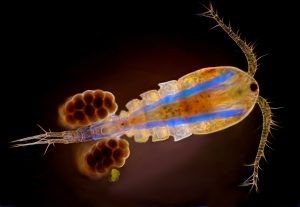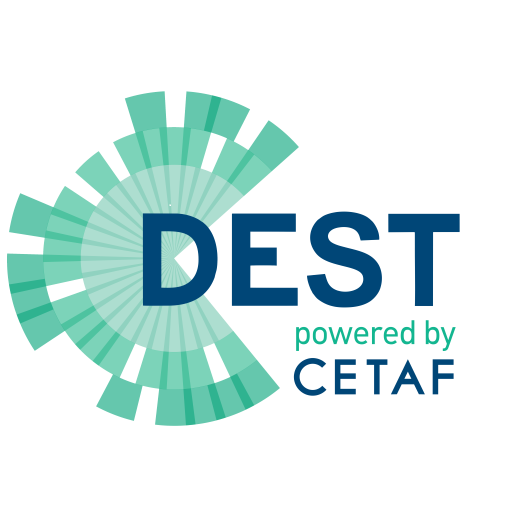

Description
The Training course in “Crustacean systematics with specialisation in Cyclopidae (Copepoda)” will focus on the following modules: a) relationships of the Palearctic Cyclopidae; b) Cyclopidae in Southeast Asia; c) insular fauna. Beyond these main topics, help can also be provided in d) systematic studies on any group of the Cyclopidae. Cyclopidae is the most speciose [>1000 (sub)species], predominantly freshwater copepod family that invaded all continents and can be encountered in various surface and subterranean water bodies and semi-terrestrial habitats. Cyclopids are small (0.5–3.0 mm) crustaceans, most of them are omnivorous. Some species are successfully applied in the biological control of the larvae of disease vector mosquitoes, e.g. dengue vector Aedes aegypti in Vietnam. Cyclopids are intermediate hosts of several nematode and cestode parasites. Cyclops and Mesocyclops are used as model organisms in various fields of biology (molecular ecology and genome evolution).
Trainers
Dr Maria Hołyńska, Associate Professor, Museum and Institute of Zoology, Polish Academy of Sciences, Warsaw, POLAND
Dates of Training period – Duration
The announcement concerns one (1) training course with one trainee only, which can last from 5-10 days (depending on the availability of the trainee) from 1 of February 2024 onwards (the exact date will be agreed with the trainee).
Location
Museum and Institute of Zoology Polish Academy of Sciences, Warsaw, POLAND
Course’s language
English
Target audience
Students, MSc students, PhD students, early career researchers
Fee
40 euros/day. Fee includes teaching and basic laboratory supplies (object and cover slides, immersion oil).
Registration deadline
Registration has closed on 22 January 2024
Mode of trainees’ assessment
Project writing
Participant quota (min and max number of trainees)
One (1) trainee
Types of training/ Implementation method
- Theoretical modules/Face to Face
- Lab work/Face to Face
Training Course learning outcomes
Dissection, preparation of permanent microscope slides, scientific illustrations, light – and scanning electron microscopy, species identification, primer of morphology and systematics of Cyclopidae.
Certifications provided
- Certificate of Attendance by CETAF DEST with ECVET Units (European Credit system for Vocational Education and Training)
- Certificate by CETAF DEST according to Europass Certificate Supplement (certifying analytically the knowledge, skills and competences gained)
What trainees need to bring
More details: dest@cetaf.org
Registration form
Registration has closed on 22 January 2024
